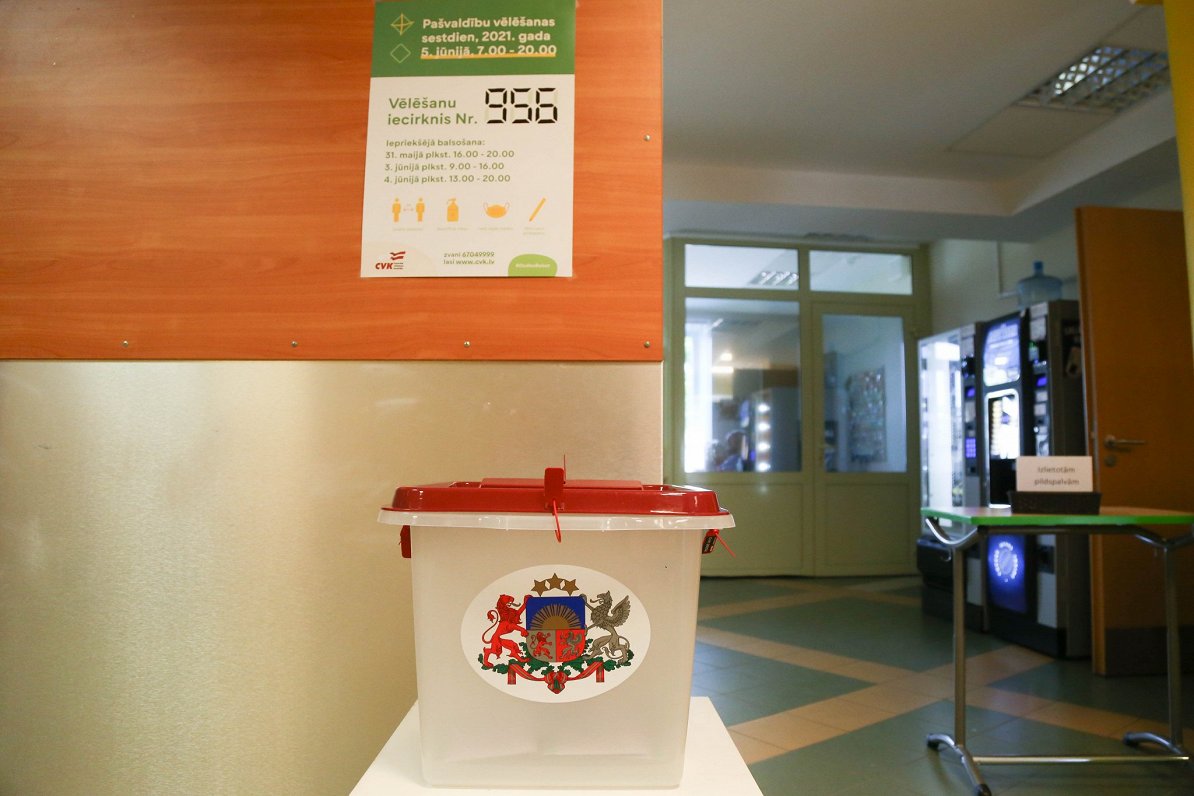Other recommendations include a need to improve the collection and updating of general data on EU citizens residing in Latvia and to inform them more effectively about their right to vote in the European Parliament and Latvian local elections.
"Respondents are mostly content with their situation. Identity-wise, most respondents feel a connection to Latvia, thus, lack of attachment is not a reason to abstain from politics. Migrants’ main complaints and inconveniences are related to insufficient use of English in public institutions, even those dealing with residence permits. Insufficient information in English is also a factor that hinders migrants’ participation in political life in general. Nevertheless, most respondents were able to understand (and speak) at least some Latvian, yet many still did not vote in municipal elections," say the researchers in their conclusions.
The conclusions and recommendations of the OPENCIT project are included in a letter sent to the Central Election Commission, the Ministry of Economics and the Ministry of the Interior to promote the civic participation of citizens of other EU countries residing in Latvia. Together with the implementers of OPENCIT, the support letter is also joined by Latvian and European diaspora and professional organizations.
As previously reported by LSM, ahead of this year's municipal elections there was an effort to get EU citizens more involved in the democratic process.
But the research isn't entirely at an end. Members of the public still have the opportunity to comment on one of OPENCIT's final recommendations by answering the question via the window below: Should official communication of Latvian state and local government institutions be fully and timely translated into English? Please note that in order to cast a vote For (Par) or Against (Pret) online ID confirmation is necessary.




























